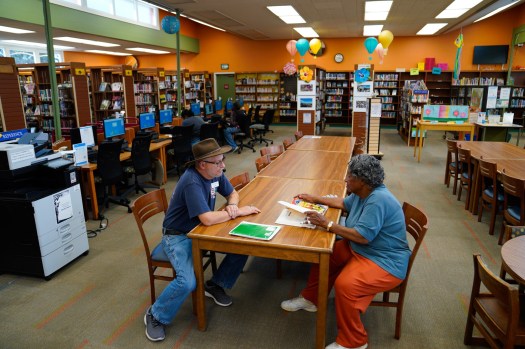Housing in Crisis: Challenges, Solutions, and the Road Ahead
Access to safe and affordable housing is a key requirement for stable communities. Today, many cities in the United States are experiencing increasing challenges caused by economic shifts, rising rental costs, and changes in federal aid. This article explores these issues, highlighting recent developments, government responses, and what the future holds for Americans searching for a home.

The Current State of Housing in American Cities
Across the country, thousands of families rely on government programs to secure a place to live. In major urban centers, the demand for affordable options far exceeds supply. As rents climb, many households must spend an increasing percentage of their income solely on housing. This ongoing affordability crisis is hitting the most vulnerable populations the hardest—especially seniors, people with disabilities, and families with children.
The impact is evident in places like San Diego, where more than 460 households are at risk of losing rental subsidies that cover a large portion of their housing costs. Recently, local leaders voiced concerns about the uncertain future of federal aid programs. Without continued support, these families could soon find themselves without a place to call home. Read more about these urgent concerns in this detailed report by the San Diego Union-Tribune.
The Role of Federal and Local Policy
Federal programs, like housing vouchers, play a crucial part in helping low-income families afford safe homes. However, funding unpredictability threatens their effectiveness. Local organizations often wait for confirmation about which programs will continue and for how long. Decision-makers sometimes must choose between cutting essential services or supporting as many people as possible with limited funds.
In San Diego, for example, the city’s housing commission supports around 17,000 households. The average cost per family has soared due to market conditions. Without additional backing from the federal government and a solution to the growing budget shortfall, even more families may lose their housing support. The ripple effects are severe: an increase in homelessness, strain on social services, and the weakening of community bonds.
Innovative Responses to the Housing Crisis
Despite these challenges, some cities are looking for innovative answers. Strategies include converting unused properties into shelters, developing affordable apartment complexes, and launching voter-approved tax measures to fund housing initiatives. While some of these approaches offer temporary relief, lasting change will require continuous engagement from all levels of government.
Alongside these efforts, maintaining strong support for existing housing programs remains essential. Without federal and local involvement, vulnerable households will continue to face uncertainty. For recent updates on the status of housing vouchers and related policy changes in Colorado, see this Colorado Newsline article.
Looking Ahead: A Call to Action
Addressing the housing crisis demands collective action. Governments, non-profits, and community members must work together to create sustainable and equitable solutions. Advocacy for more affordable developments, additional funding for housing assistance programs, and policies that protect renters are all necessary steps. If you or someone you know is struggling with housing stability, reach out to local agencies for guidance and support.
In summary, the landscape of affordable housing is rapidly changing. The stakes are high for families and entire communities. By staying informed, supporting local initiatives, and advocating for lasting reforms, every citizen can help build a future where safe and affordable housing is a reality for all.